The Central Bank of Nigeria (CBN) says over 57.4 million citizens have enrolled for their bank verification numbers (BVN) as of March 31, 2023.
This represents a 5 per cent increase compared to the 54.65 million Nigerians who enrolled for BVN in the first half of 2022.
The BVN project was launched in 2014 by the CBN in collaboration with the Bankers’ Committee.
Central Bank Governor Godwin Emefiele disclosed while speaking on the challenges of the apex bank and key policies introduced to make payments faster, at the 34th seminar for finance correspondents and business editors in Calabar on Tuesday.
“With a total enrollment of 57,431,355 as at 31st March 2023, the BVN is supporting the development of credit profiles for banking customers, which will assist in improving access to credit for credit-worthy borrowers by banks.”
Mr Emefiele said the apex bank has also continued to collaborate with relevant stakeholders in the adoption of payment system instruments and channels.
According to him, some of the channels introduced are the bank verification number (BVN), real-time gross settlement system (RTGS), regulatory sandbox, open banking, and the CBN digital currency (CBDC), the eNaira.
He said Nigeria is currently the first country on the continent, and second in the world to have fully launched a live CBDC.
“The payment system regulation and management role of the CBN is very critical in the achievement of its primary mandate of price and monetary stability conducive for inclusive and sustainable economic growth,” he said.
“It is also important for ensuring a stable, safe, and efficient financial system in Nigeria.
“Cognisance of the implications of the risks that accompany digital innovations and technological advancement globally, the CBN has continued to ensure a healthy balance between the adoption of latest innovations and development of reliable mitigants to the associated inherent and operational risks to both the payments system and the rest of the economic sectors in Nigeria.”
Mr Emefiele said poor telecom infrastructures and the activities of fraudsters have affected the implementation of CBN’s initiatives in the banking sector has been slow due to several issues in the industry.
He said the CBN is dealing with weak social infrastructure, cyber fraud, and unlicensed companies that affect the effective operation of payment platforms.
He also noted that payment is highly reliant on stable telecommunication networks and power infrastructure.
“These are currently not optimal in Nigeria, thus, impacting the stability and resilience of the payments system,” he said.
“Some entities have continued to exploit access to information technology to engage in regulated activities without the appropriate licenses and authorisation.
“The activities of fraudsters continue to threaten the resilience of the payment platforms. The confidence of the public is impacted by these activities.
“However, the collaborative effort between the CBN and other players in the industry is helping to curtail the nefarious activities of these fraudsters.”






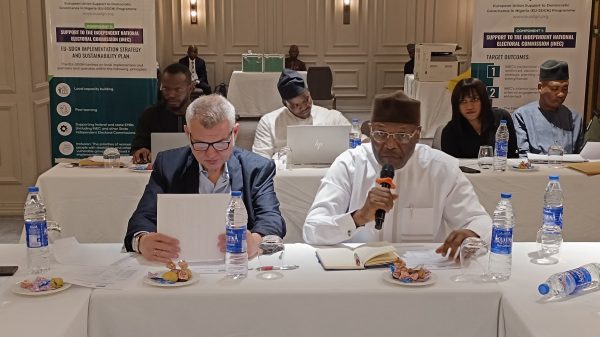
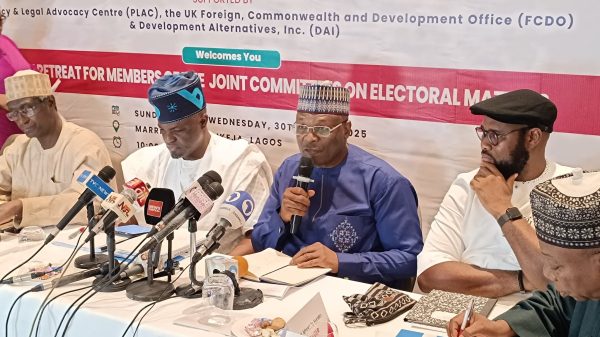
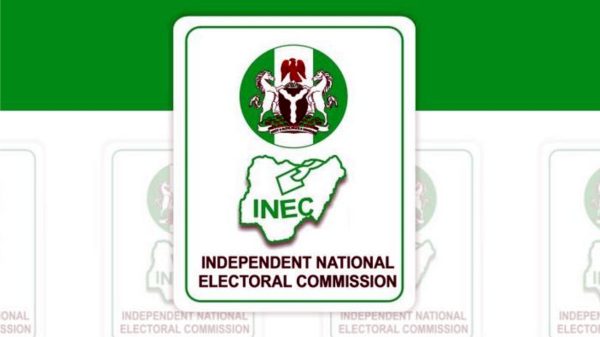


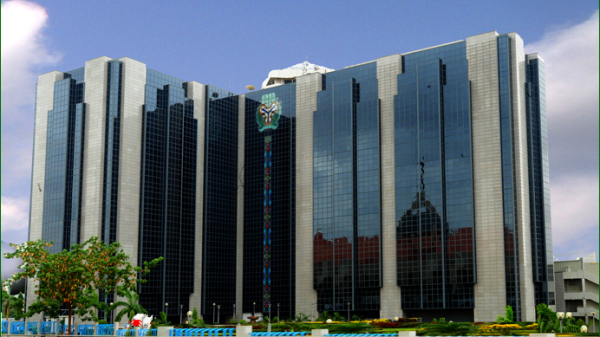









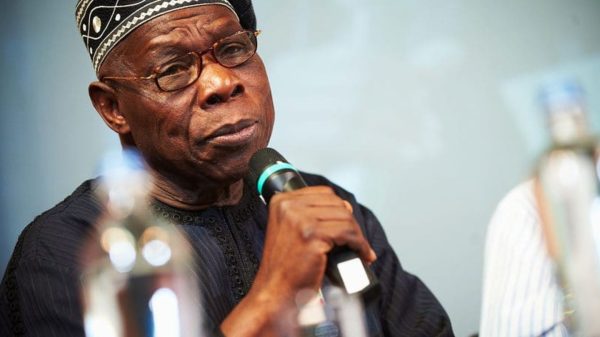




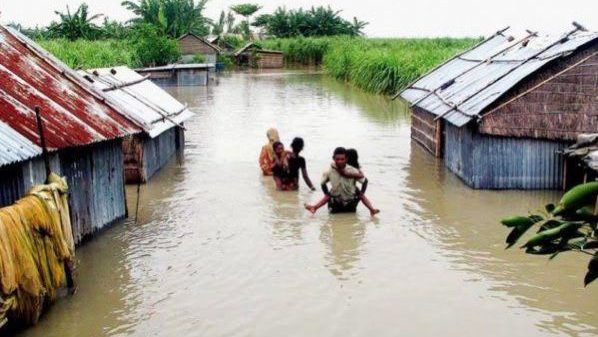




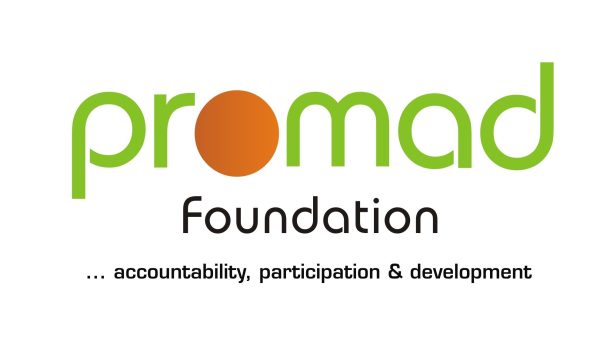





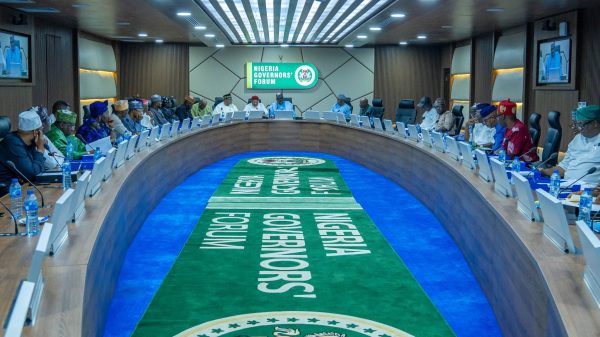





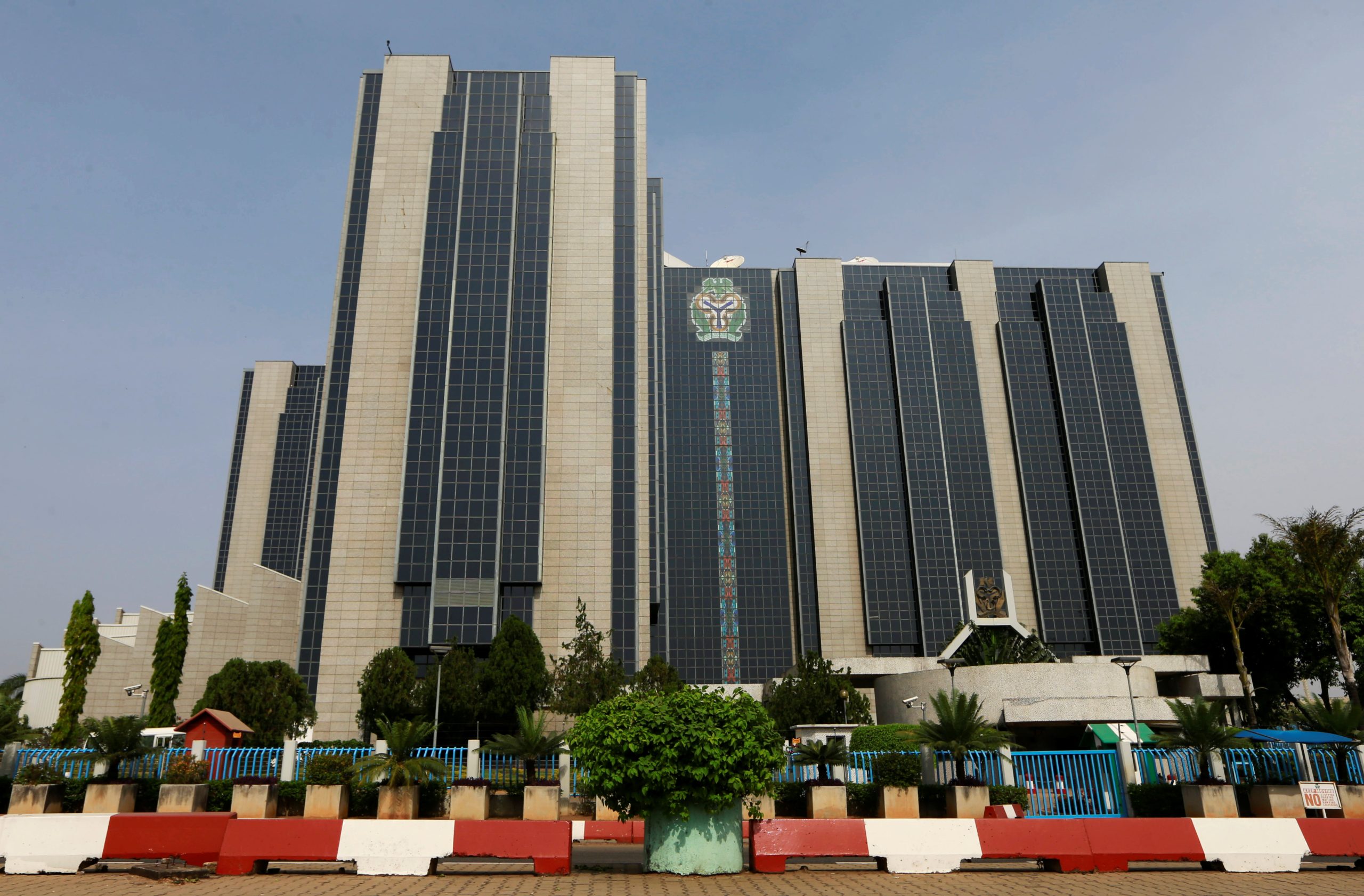







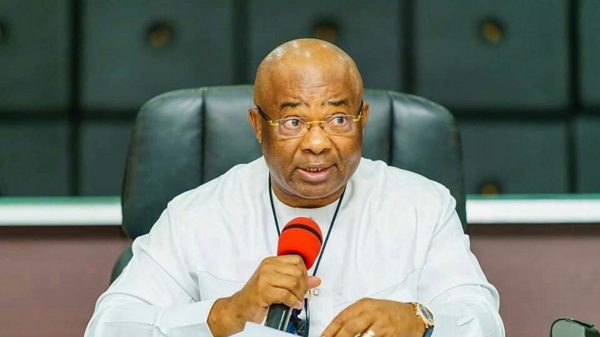

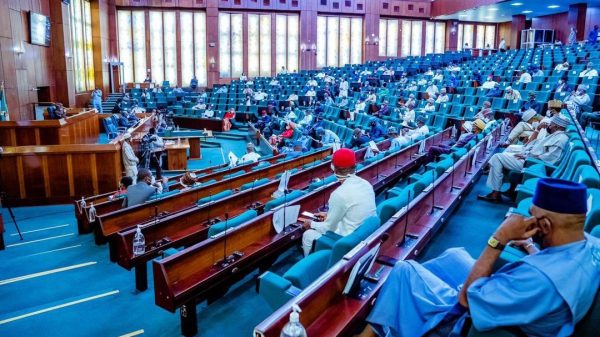




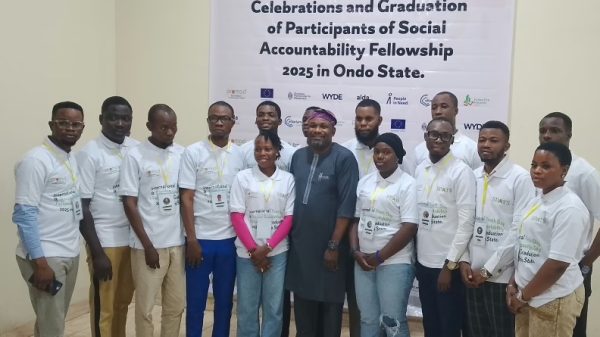

https://iloveroom.co.il/room/דירות-דיסקרטיות-בחיפה/
May 10, 2023 at 3:29 pm
I was excited to uncover this great site. I need to to thank you for your time for this particularly wonderful read!! I definitely enjoyed every part of it and I have you book marked to check out new stuff in your web site.